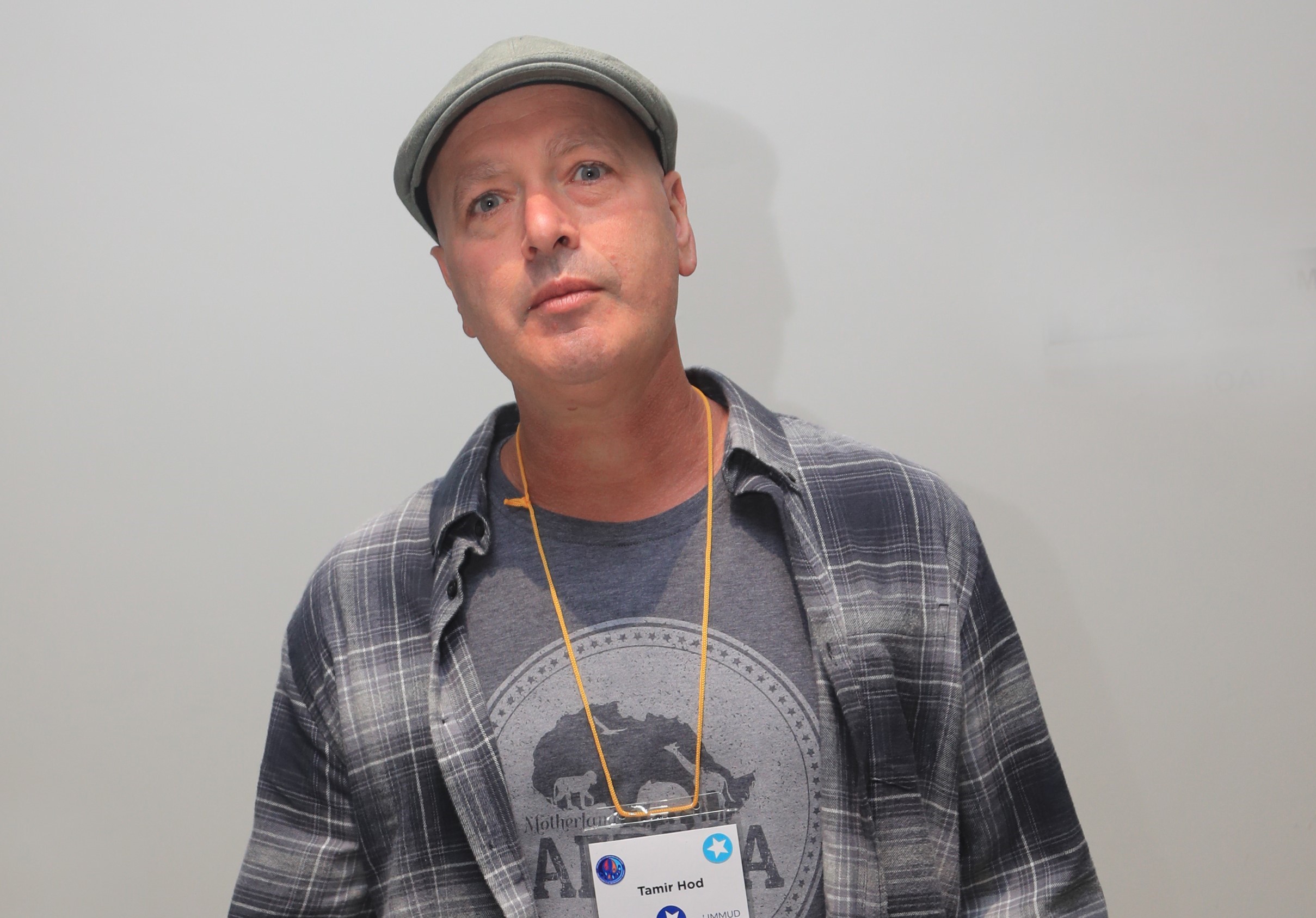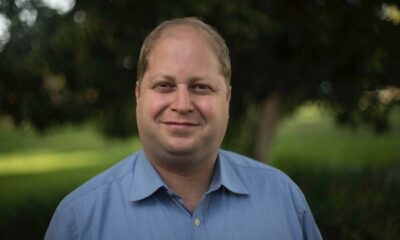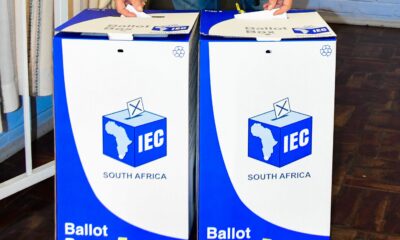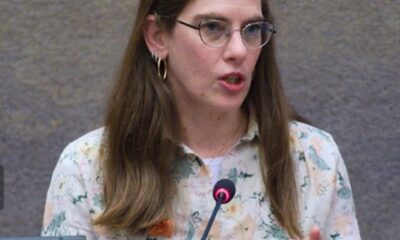
Featured Item

Survivors’ superhuman effort to bring Nazis to book
Imagine Holocaust survivors reliving their own trauma by collecting statements from hundreds of other survivors. This is what a special unit of the Israeli police, composed mainly of survivors, undertook to do from the 1960s to support prosecutions against Nazis, in a largely forgotten chapter of history.
Research by Israeli Holocaust historian Tamir Hod has unearthed the story of the Israeli Police Unit for the Investigation of Nazi Crimes (INC). He shared his findings at Limmud Johannesburg last weekend.
Hod remarked that the Holocaust is inescapable in Israel, permeating education and featuring in memorial ceremonies, songs, art, and politicians’ speeches. During and after World War II, Jews sought revenge in different ways for the killing of the six million. One way was to collect testimonies from survivors to provide evidence in court cases against Nazis, especially in post-war West Germany.
In April 1960, the INC unit was set up in the Israeli police force. It was staffed by survivors because they could speak many European languages and empathise with other survivors. This difficult work was their way of legally seeking justice for their murdered loved ones. They strove to collect and preserve people’s stories as precisely as they could. Their work is fundamental in debunking the spurious arguments of today’s Holocaust deniers.
A similar unit, known as “O6”, was established to gather evidence for the trial of Adolf Eichmann. Eichmann had been captured in Buenos Aires in Argentina by the Mossad in 1960 and brought to Israel to stand trial from 1961 to 1962 for his substantial role in the destruction of European Jewry.
After the war, survivors were shunned, vilified, and looked down upon by this new Israeli nation that didn’t have time for the crematoria and death pits of Auschwitz and Majdanek. About 500 000 survivors settled in Israel between 1945 and 1961. In the early 1950s, one in three Israelis was a survivor. Many survivors didn’t want to write or speak about their experiences, and many Israelis didn’t want to listen.
The Eichmann Trial in Jerusalem totally altered how Israelis looked at the Holocaust and survivors. The televised trial exposed the horrors of the Holocaust in great detail, and it sunk into the psyche of Israel. It was only in the late 1970s that specific, personal stories of the Holocaust began to emerge, what Hod called “privatised memory”.
Hod described how Michael (Miki) Goldman, a survivor who is now 96, sat with Eichmann day and night to record his memories and ask him questions. Goldman said when he first spoke to Eichmann, “It felt like the crematorium was opening.” Goldman’s work supported the prosecutors in the trial.
Afterwards, survivors came forward to the police, wanting to provide evidence to convict Nazis, in the name of their murdered relatives. The West German government collaborated with the INC to gather testimonies. About 8 000 court cases were launched.
The INC only had eight or nine staff members, and its single vehicle was often used by other departments. Nevertheless, it crisscrossed Israel many times to collect these testimonies. Hod’s research revealed that in 1961, it gathered evidence from 577 people for 37 different cases. In 1964, there were 2 442 testimonies collected for 144 cases, mostly used to try Nazis who worked at Treblinka.
Hod said they worked so fast because the statute of limitations in West Germany on Nazi prosecutions was due to expire in 1965. Enormous international pressure and the work of the INC postponed the end-date to 1969, and then the statute of limitations was abolished. Nazis could be tried whatever their age.
The unit also assisted the United States (US), where an estimated 20 000 Nazis fled after the war. Many Nazi scientists were involved in the Manhattan Project to build the atomic bomb. Before 1973, Hod said, just nine cases were brought against Nazis in the US. “It was the Cold War, and the US had used Nazi scientists. They didn’t want to open that box,” he said. Jewish congressmen later relied on Israeli help from the INC to gather evidence for prosecutions in the US.
“Every day, these brave survivors in the INC had to face their own past,” Hod said. “Sometimes they passed out while recording testimonies. Many died young of heart conditions. Their work haunted their dreams. They had mood swings listening to these tough stories day after day.”
Thousands of Nazis faced justice because of their superhuman efforts. Their vital work should never be forgotten.










